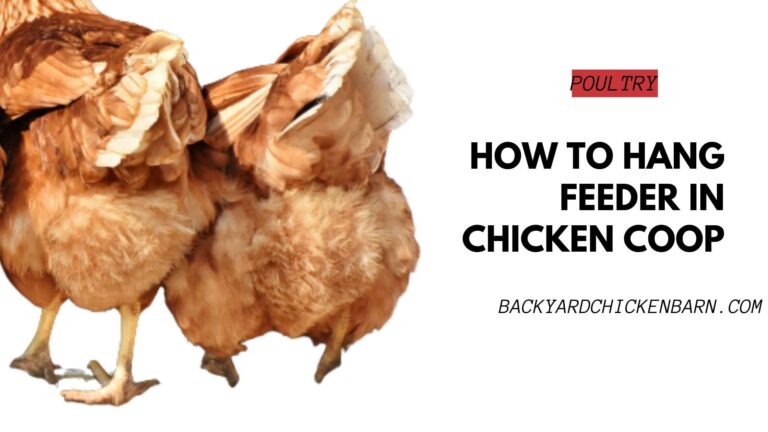Oxytetracycline for Chickens: Dosage and Uses!
Oxytetracycline is a broad-spectrum antibiotic commonly used in veterinary medicine, including poultry care, to treat a variety of bacterial infections. It’s effective against respiratory infections, chronic respiratory disease (CRD), fowl cholera, and other bacterial diseases that can affect chickens.
Understanding Oxytetracycline
What is Oxytetracycline?
- Type: Broad-spectrum antibiotic.
- Uses: Treats bacterial infections.
- Forms: Available as soluble powders, injectables, and premixes for feed or water.
When to Use Oxytetracycline
Common Infections Treated:
- Respiratory Infections: Mycoplasma, E. coli.
- Chronic Respiratory Disease (CRD): Often caused by Mycoplasma gallisepticum.
- Fowl Cholera: Caused by Pasteurella multocida.
- Enteritis: Intestinal infections due to bacteria.
Symptoms Indicating Use:
- Respiratory Distress: Coughing, sneezing, nasal discharge.
- Lethargy: Decreased activity, weakness.
- Loss of Appetite: Reduced food intake.
- Swollen Joints or Lameness: Indicating potential systemic infection.
Dosage and Administration
Forms and Dosage:
- Soluble Powder: Typically mixed in the drinking water.
- Dosage: Follow the product’s label, usually around 400-800 mg per gallon of water for 7-14 days.
- Injectable: Direct administration by injection.
- Dosage: Varies based on the infection and weight of the chicken; often given by a veterinarian.
- Premix: Added to feed.
- Dosage: Follow veterinary guidance, often used for flock-wide treatment.
Administration Tips:
- Ensure Accurate Dosage: Measure accurately to avoid underdosing or overdosing.
- Consistent Administration: Provide continuously for the entire treatment duration to ensure effectiveness.
- Clean Water and Feed: Ensure waterers and feeders are clean to avoid contamination.
Precautions and Considerations
Withdrawal Period:
- Egg Withdrawal: Typically, a withdrawal period of 5-14 days is recommended, meaning you should not consume eggs from treated chickens during this period.
- Meat Withdrawal: Similar precautions for meat; follow specific guidelines provided by the product or veterinarian.
Side Effects:
- Digestive Upset: Diarrhea, reduced feed intake.
- Allergic Reactions: Rare but possible; watch for signs of hypersensitivity.
Resistance Concerns:
- Avoid Overuse: Overusing antibiotics can lead to resistance.
- Use Under Veterinary Guidance: Always follow a veterinarian’s recommendations for treatment to minimize resistance risks.
Alternative Treatments
Natural Remedies:
- Herbal Supplements: Oregano oil, garlic, and other natural antibacterials can support health.
- Probiotics: Improve gut health and resistance to infections.
Preventive Measures:
- Good Husbandry Practices: Clean living environment, good ventilation, and stress reduction.
- Vaccinations: Ensure your flock is vaccinated against common diseases.
Final Thoughts
Using oxytetracycline for chickens can be an effective way to manage bacterial infections and maintain flock health. However, it’s crucial to use this antibiotic responsibly, adhering to proper dosages and withdrawal periods to ensure the safety of your chickens and the people consuming their products.
When in doubt, consult with a veterinarian to ensure the best care for your flock. Their guidance will help you navigate the complexities of antibiotic use and ensure your chickens remain healthy and productive.



